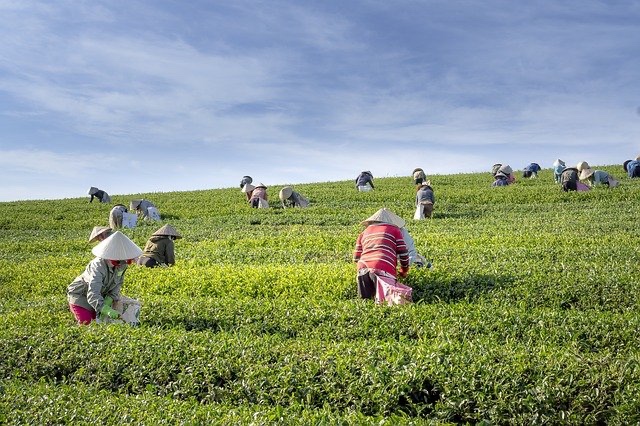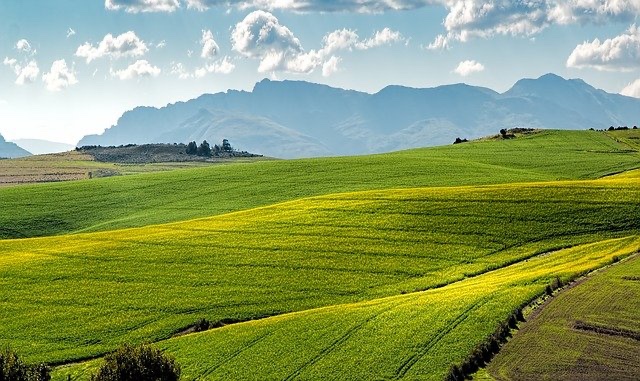HIGHLIGHT
Matthew 9:37–38 (ESV): 37 Then he said to his disciples, “The harvest is plentiful, but the laborers are few; 38 therefore pray earnestly to the Lord of the harvest to send out laborers into his harvest.”
EXPLAIN
Matthew 9 is a chapter packed with the miraculous exploits of Jesus. Jesus continued to preach and teach in the cities and villages, healing people of various sicknesses and disease, calling different ones to follow him.
In this way, Jesus proclaimed the good news of the kingdom of God. When he saw crowds of people, curious, needy, bewildered and more, Jesus had compassion on them, for he recognized that they were like sheep without a shepherd. So Jesus gave his disciples a prayer request, to pray for more workers for God’s harvest.
The very next thing we read that Jesus did was then to send his disciples out to various villages on their own in groups of two to spread the gospel of God’s kingdom
APPLY
The harvest of souls for God’s kingdom is great, too great for just a few to bear the load. One of our regular prayer requests should be that God would send forth more laborers into the field. And… we should be ready to be part of God’s answer, working as harvesters.
This scripture truly shows us one of the high points of disciple-making. In disciple-making, we train or mentor others to grow in Christlikeness, but the purpose is not merely their personal edification. Rather, they are to become disciplemakers who make disciples who make disciples.
In Luke 10 we find Jesus sending out the seventy-two and then his joy when they return, excited about what God had done through them. It has been suggested that those seventy-two were disciples made by the Twelve in this first disciple-making mission.
RESPOND
Heavenly Father, I pray that you would continue to send forth laborers into your harvest field. Help me to make disciples who make disciples for your glory. In Jesus’ name, Amen.


